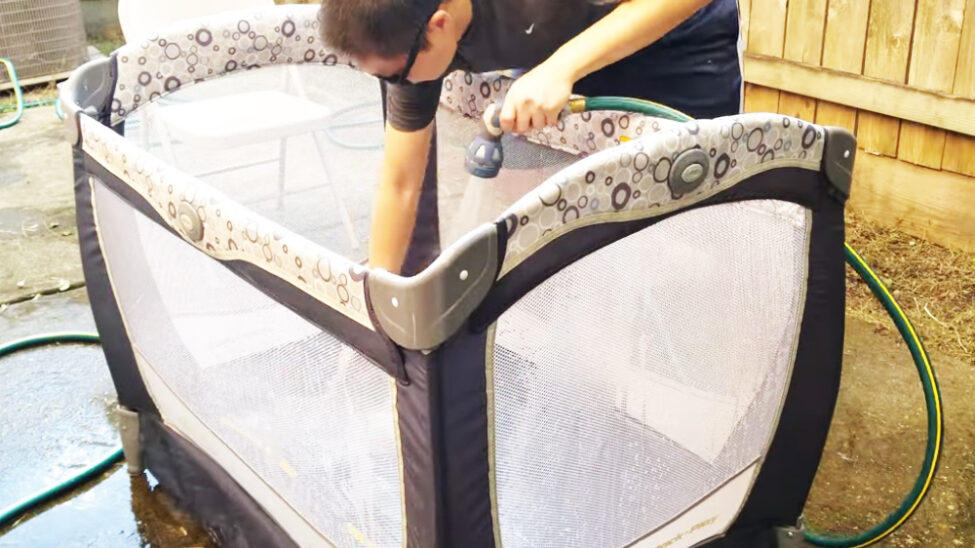
Why I Don’t Buy Chemical Cleaners Anymore
I used to be that mom who had a spray bottle for everything: one for the crib rails, one for the mattress, even one for the wooden legs. They all smelled like a mix of fake citrus and… well, something vaguely like a hospital. I didn’t think much of it until one night I picked up my son from his crib and realized his face smelled like disinfectant. Not baby skin. Disinfectant.
That was the moment something shifted. I started reading the back labels. If it had warnings like “use gloves,” “rinse thoroughly,” or “call poison control,” I didn’t want it near where my child slept. I began to replace products, one by one, with things I felt comfortable touching with bare hands. And surprise — the crib was just as clean, if not cleaner.
If I wouldn’t want it on my own pillow, why should my baby sleep next to it?
Gathering the Basics for Natural Cleaning
When I first decided to switch, I was worried it would be a whole production — specialty oils, weird powders, complicated mixtures. Turns out, everything I needed was already in my kitchen: vinegar, baking soda, lemon, and water. That’s it. No need to chase down exotic ingredients from eco-shops.
I also bought a small glass spray bottle (because let’s be honest, it’s prettier and lasts longer) and a set of soft cloths I could wash and reuse. If you’re more of a sponge person — go with that. This is about making things simple, not perfect.
You don’t need a cabinet full of products. You just need a few things you trust.
What Works Best — and What to Avoid
Let’s talk about what actually cleans. Vinegar is my hero when it comes to breaking down grime. I mix equal parts vinegar and warm water in a spray bottle and use that on almost every crib surface. For sticky spots, I sprinkle a bit of baking soda first, then spray the vinegar — it foams a little, and that’s the fun part.
Lemon juice helps cut through smells and leaves the room feeling fresh without being overpowering. I avoid essential oils in the crib area. Yes, they smell great, but even the natural ones can be irritating to tiny noses. A drop or two in the corner of the room is fine, but I keep them off any sleep surface.
- White vinegar (diluted) — for general wiping
- Baking soda — for stains or sticky messes
- Lemon juice — for a fresh scent
- Warm water — always useful
My Step-by-Step Cleaning Routine
Here’s what I actually do, about once a week or right after a spill. I start by removing all bedding and toys from the crib. I throw sheets in the wash on a hot cycle with fragrance-free detergent. While they’re spinning, I wipe down every surface — inside and out — with my vinegar mix. That includes the bars, corners, and even the wheels (if your crib has them).
For anything that looks extra dusty or sticky, I sprinkle baking soda first, let it sit for five minutes, then wipe it away with a damp cloth. It lifts up just about everything. I finish with a final rinse of plain warm water, especially on areas my baby touches the most.
I clean during nap time — not his, mine. It’s a short routine, and I always feel better afterward.
The Scent of Calm That Lingers
The crib should be the softest place in the house — not just by feel, but by intention.
After everything’s dry and back in place, there’s this subtle scent left behind — not strong, just clean. Natural clean. It smells like the kind of home you want your child to grow up in. And honestly, it makes me feel like a better mom — not because it’s perfect, but because I know exactly what’s on his crib.
There’s something grounding in knowing you’re creating a space that’s safe not only in terms of safety rails and certifications but in the way it feels, smells, and breathes. We forget how much our babies absorb from the spaces they sleep in. And we can choose to make that space as gentle and loving as possible.


